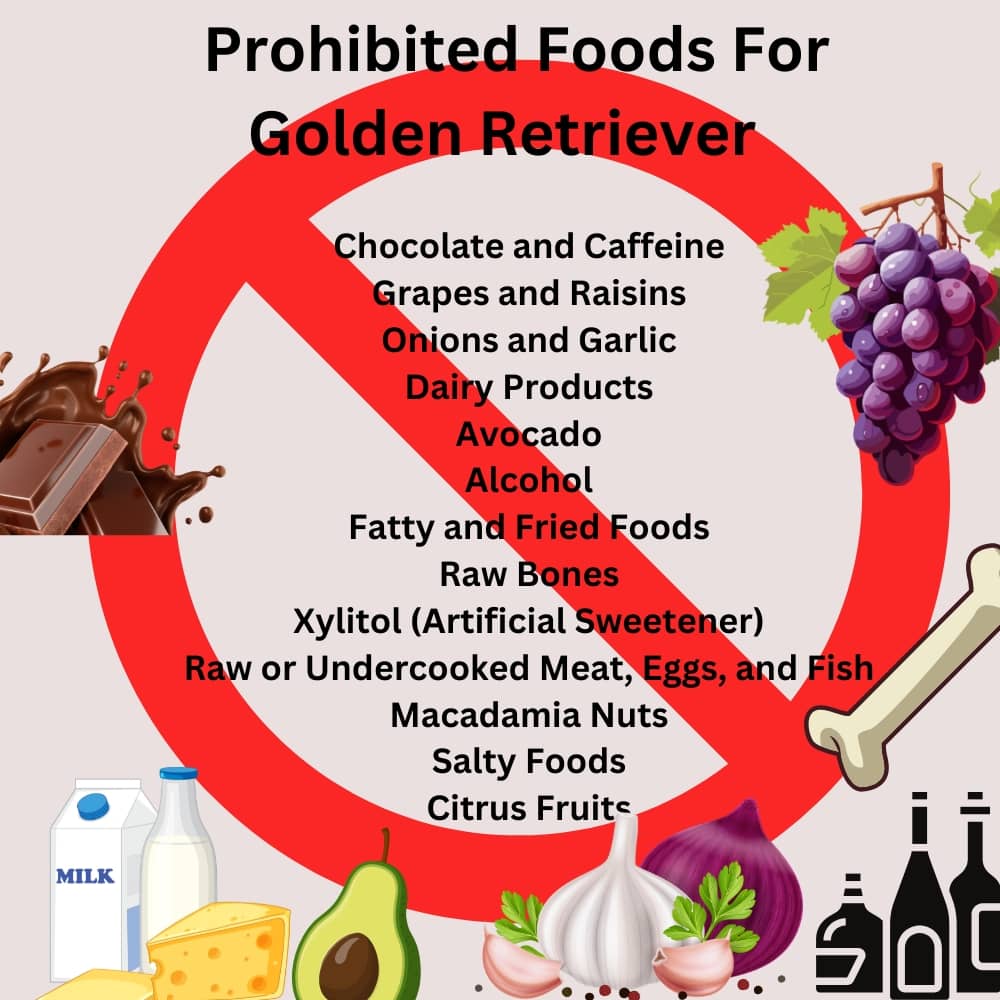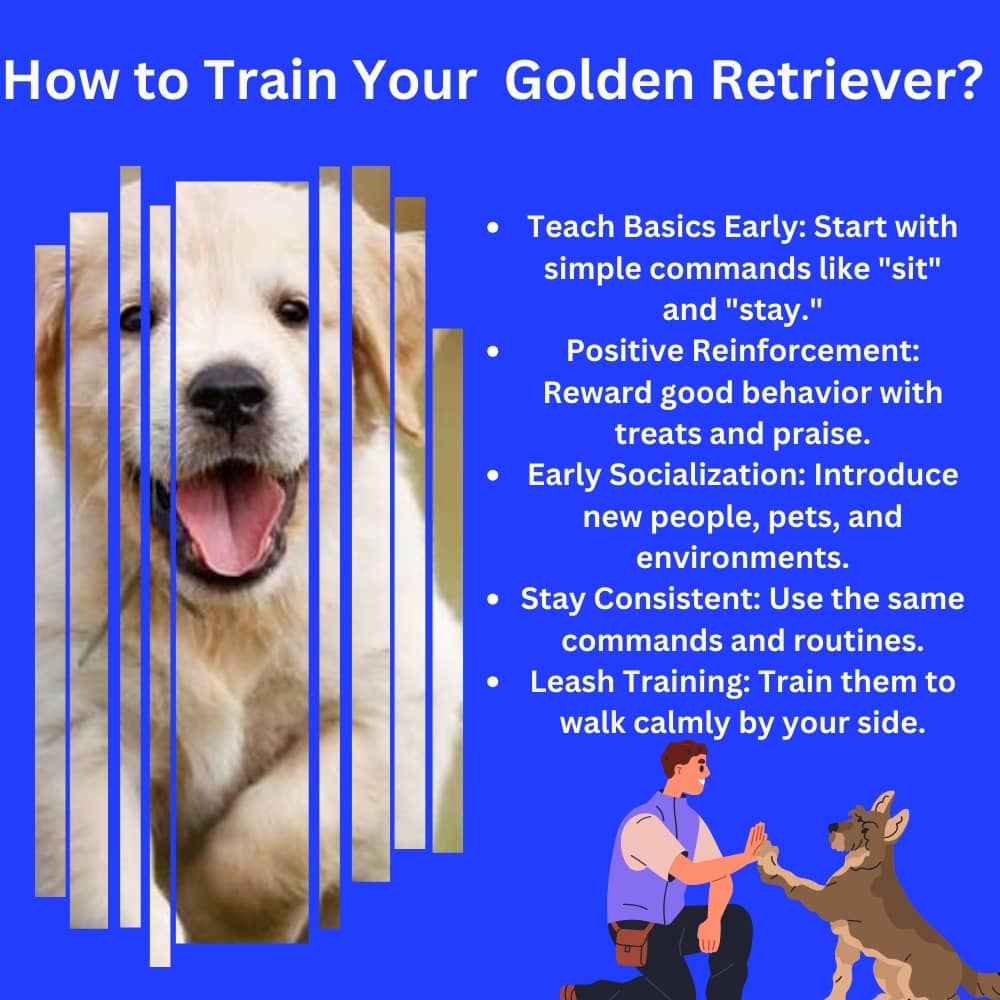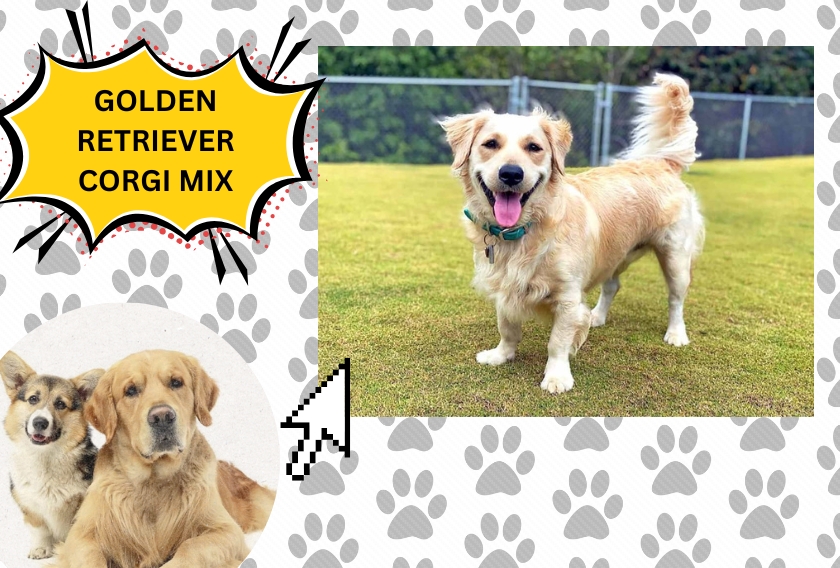Golden Retrievers are amazing dog breeds to keep as pets. They are known for their gentle and friendly nature. As they are young, they need special attention to look. If you have a 2-4 month-old golden retriever puppy, you should know what their requirements are and their diet. How to train a golden retriever puppy and tips to take care of a golden retriever 2-4 months old.

2-4 month-old Golden Retriever Weight and Size
2-4 month-old Golden Retriever weight varies based on gender. If your puppy is outside this range, you should consult a vet to adjust their diet or exercise routine.
2-4-month-old Golden Retriever size also depends on genetics. An underweight puppy might have visible ribs, while an overweight one may lack a defined waistline.
2-4 months old Golden Retriever Food
Foods for 2-4-month-old golden retrievers should be rich in protein and fats and have essential nutrients. These nutrients help in building their bones, muscles, and organs. Foods for 4 months old Golden Retriever include high-quality puppy food approved by AAFCO. You should look for brands with no fillers and added vitamins and minerals.

Foods for a 2-Month-Old Golden Retriever
At 2 months Golden Retrievers are even more delicate and require specialized starter puppy food. These puppy foods are designed for puppies up to 3 months old. This is very nutritious and has extra calories, which is important for their development. If you want to give calcium supplements or DHA supplements, consult with your vet. Especially when you are feeding them home-cooked foods. Give them small amounts or small portions of food as they are young; they can eat very small portions.
Foods for a 4-Month-Old Golden Retriever
At 4 months Golden Retrievers are energetic and in their growth phase. They require a balanced diet rich in high-quality proteins, fats, and essential nutrients. You can feed a puppy specific food that can fulfill AAFCO standards. It contains all the essential nutrients and high levels of protein and fat. Also, Kibble (dry food) is a very popular choice for golden retrievers. It can be softened with water.
You should avoid giving grain-free diets unless advised by a vet. As they grow, gradually increase the portion sizes, but avoid overfeeding to prevent excessive weight gain. You can also offer some dog-friendly fruits and vegetables, like carrots, apples (without seeds), or blueberries, as occasional treats. You need to ensure to provide access to fresh and clean water to keep your pup hydrated.
2-4 month Golden Retriever Food Amount
You should feed your 2-4 month-old golden retriever about 2 cups per day. You can give them meals four times daily. Avoid overfeeding, as Golden Retrievers are prone to obesity. Also, provide clean and fresh water throughout the day to keep them hydrated. Always keep checking or monitoring their body condition and weight.
List of Foods to Avoid for 2-4 month Golden Retriever
- Chocolate and Caffeine
- Grapes and Raisins
- Onions and Garlic
- Dairy Products
- Avocado
- Alcohol
- Fatty and Fried Foods
- Raw Bones
- Xylitol (Artificial Sweetener)
- Raw or Undercooked Meat, Eggs, and Fish
- Macadamia Nuts
- Salty Foods
- Citrus Fruits

2-4 month Golden Retriever Exercise
Golden Retrievers need moderate but consistent exercise. However, over-exertion can strain their developing joints. 2-4 month-old Golden Retriever exercise should have a limit to 15-20 minutes twice daily. You need to focus on low-impact activities like walks and playtime with soft toys like puzzle toys, chew toys, etc. . You have to keep them safe and stop them from running or jumping on hard surfaces, as it may lead to joint problems.

Make a scheduled time to take your pup out for a walk and play with them outside. It will keep encouraging their health and mental stimulation.





